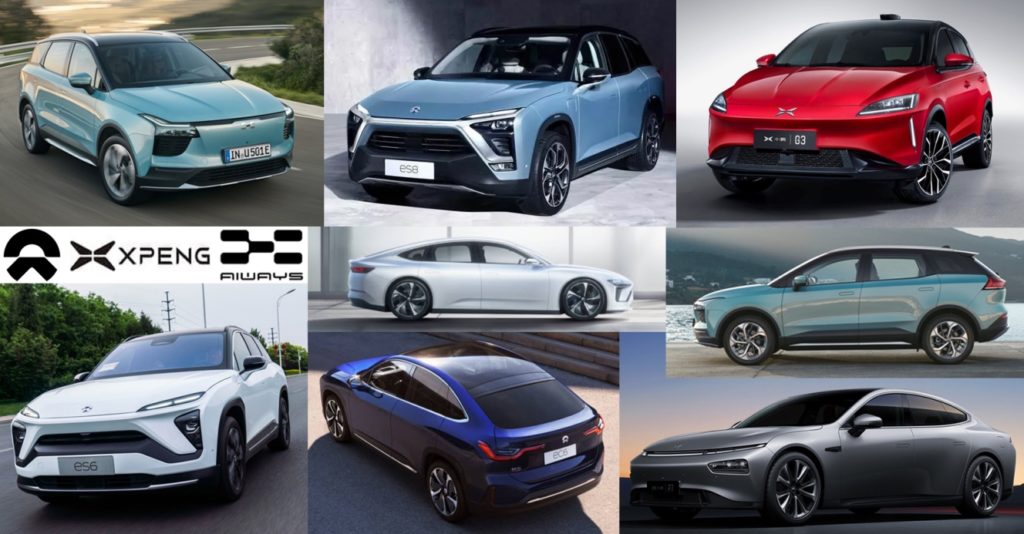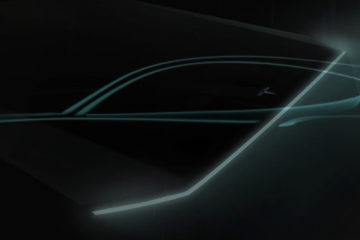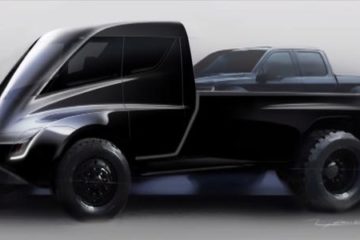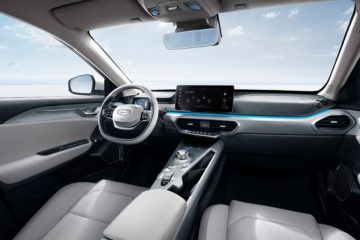Buying a brand new ICE vehicle these days is the equivalent of buying a horse in the 1920s United States.
Don’t get us wrong, it’s obvious that not everybody can afford a brand new Tesla or other EV in developing countries. We are talking about people that already have the money and are looking forward to getting a brand new car for themselves or for their family. People that mostly live in what we call a “first world country” or even “second world country”, a place where there is a decent or fastly developing infrastructure for these technologies, while also there are many offers on the market from different brands.
Do you remember when you got your first smartphone? What year was it? It was probably around 2010 (plus-minus 2-3 years), right? It was that period that it didn’t make any sense to buy any other “dumb” phone. You could have for the same price or about 20% higher an entry-level smartphone with a great operating system that had many updates, apps, a bigger screen, web browser, email, and many other features that made them what they are today.
It’s exactly what is happening nowadays with the next generation of smart electric vehicles. Cars with minimal maintenance, zero emissions, self-driving capabilities, OTA (over the air) software updates, basically a piece of tech on wheels. We can fill up articles with the benefits of an EV over a regular ICE vehicle, but you probably already know them if you’re reading this, so let’s just skip that part.
Let’s continue with what we started in the beginning of the article, you have the money for a brand new car and you are living in a country with decent charging infrastructure. Why would you buy a regular ICE vehicle that requires lots of maintenance, many fluid changes, and also their value drops way faster than an EV? When you can buy an electric vehicle with all the features listed above that will not lose its value that fast and maybe it will make you some extra money too (see Tesla’s robotaxi program).
Tesla is way ahead of the competition, regular automakers just realized that, that’s why most of them are launching EV or Hybrid models, but their technology is way behind and it will probably take them 5+ years to join the revolution (in case they will make it).
But still, there are a few models out there that offer great value for their price, for example, the Nissan Leaf, Chevrolet Bolt, Kia Niro EV, Hyundai Kona EV, or the Renault Zoe.
Sono Motors a startup in Europe is promising a spacious low-cost maintenance EV with solar panels that can charge itself, up to 34 km (21 miles) a day!
There are many other companies that are looking forward to leading in these types of vehicles, for example Rivian or Lucid Motors in the USA. But these are currently pricing and targeting their vehicles for the luxury market first.
Let’s talk about the other part of the world for a minute, China. They are leading the way with EV sales and there are many startups and even regular automakers that are coming up with affordable next-generation smart EVs. Brands such as Nio, Xpeng, Aiways and Byd, these are just a few we would like to mention because they are already expanding into other markets in Europe and probably North America soon too.
If you are interested and want to discuss more on the above brands, head over to our Facebook group where we share and discuss more on this topic. See you there!
So who is winning? Tesla is already dominating the US, some European markets, and already present in China too with great sales. New startups and names are rising up and taking over traditional automakers. The Chinese brands above are leading the way in their home country while heading towards Europe to jump-start the market while the traditional automakers are still launching diesel, gas, and hybrid vehicles. In a couple of years, we will see a big change in the brands that are present on the market, and maybe we will forget other well-known ones for decades. Exciting times to live in, that’s for sure! 😁




1 Comment
PlusXpres · July 18, 2020 at 6:28 pm
Another great article related to this topic: https://www.forbes.com/sites/jamesmorris/2020/07/18/chinese-electric-cars-will-take-over-the-world–if-we-let-them/